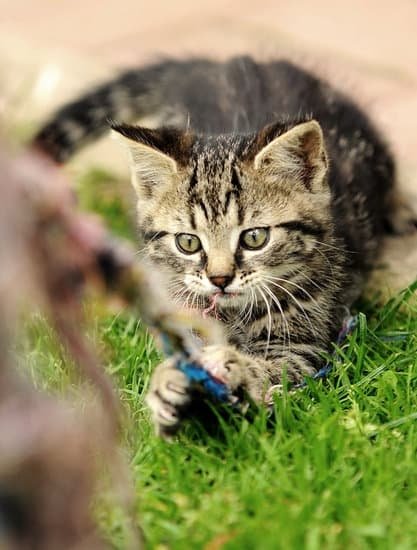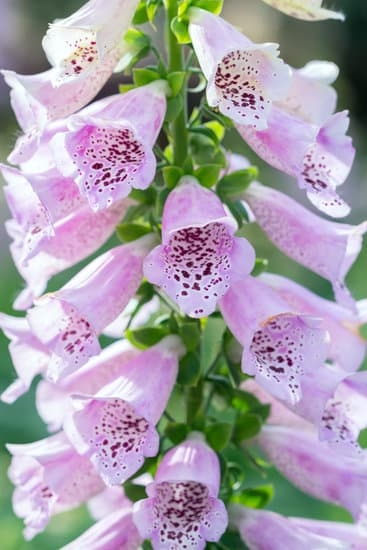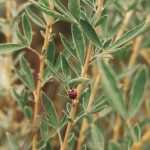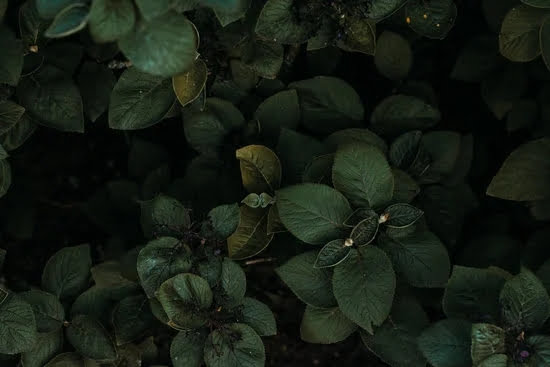Improvise An Infographic Containing The 11 Gardening Tips
There are a few things to keep in mind when gardening, whether you are a beginner or an experienced green thumb. Here are eleven tips to help you get started:
1. Location, Location, Location: The first step in gardening is to choose the right spot. Make sure to pick a spot that gets plenty of sunlight and is close to a water source.
2. Pick the Right Plants: Not all plants are created equal – some plants are better suited for indoor gardening, while others do better outdoors. Make sure to do your research and pick the right plants for your climate and location.
3. Prepare the Soil: The quality of the soil is important for the success of your garden. Add organic matter to the soil to help improve its quality and drainage.
4. Add Fertilizer: Fertilizer is necessary for healthy plants. Add a balanced fertilizer to the soil before planting.
5. Water Properly: Watering is one of the most important aspects of gardening. Make sure to water your plants regularly, but not too much – you don’t want the roots to rot.
6. Weed Regularly: Weeds can quickly take over a garden, so make sure to weed regularly.
7. Use Mulch: Mulch is a great way to keep the weeds down and the soil healthy. It also helps to conserve water.
8. Protect Your Plants: Make sure to protect your plants from pests and diseases.
9. Prune Plants: Pruning is important for the health of your plants. Prune dead branches and stems to encourage new growth.
10. Harvest the Right Amount: Don’t harvest all of the fruits and vegetables from your plants at once. Leave some for the plants to continue growing.
11. Enjoy Your Garden: Gardening is a fun and rewarding hobby. Enjoy spending time in your garden and watching your plants grow.
Container Gardening Tips For Florida
If you’re looking for a way to get into gardening, or add to your repertoire of gardening skills, container gardening is a great way to do it. With container gardening, you can garden in small spaces, even if you don’t have a lot of room. You can also control the soil and the conditions in which your plants grow, which can be helpful if you have a shady yard or if you’re trying to garden in a challenging climate.
If you’re new to container gardening, here are a few tips to help you get started:
Choose the right plants. Not all plants are well-suited to container gardening. Some plants, like tomatoes and peppers, need a lot of room to grow, while other plants, like herbs, can be grown in small pots. Be sure to choose plants that will do well in your climate and in the conditions of your yard.
Not all plants are well-suited to container gardening. Some plants, like tomatoes and peppers, need a lot of room to grow, while other plants, like herbs, can be grown in small pots. Be sure to choose plants that will do well in your climate and in the conditions of your yard. Use the right pot. When choosing a pot for your container garden, be sure to pick one that is large enough for your plants. The pot should also have drainage holes so that the soil can drain properly.
When choosing a pot for your container garden, be sure to pick one that is large enough for your plants. The pot should also have drainage holes so that the soil can drain properly. Choose the right soil. Not all soils are created equal, and not all soils are well-suited for container gardening. Be sure to use a soil that is specifically designed for containers. This soil will be lighter and more porous than regular soil, and it will drain better.
Not all soils are created equal, and not all soils are well-suited for container gardening. Be sure to use a soil that is specifically designed for containers. This soil will be lighter and more porous than regular soil, and it will drain better. Water your plants regularly.Container plants need regular watering, especially when the weather is hot. Be sure to water your plants regularly, and water them deeply.
Container gardening can be a fun and rewarding way to garden, no matter where you live. With a little bit of planning and preparation, you can create a beautiful container garden that will thrive in your climate.
Container Gardening How To Prevent Pots Tipping Over
When container gardening, it’s important to use a pot that is heavy and stable enough to prevent it from tipping over in high winds or when bumped into. Here are a few tips for preventing your pots from tipping over:
-Put a layer of rocks or pebbles in the bottom of your pot before adding soil. This will help to stabilize the pot and keep it from tipping over.
-Stand your pot on a potter’s wheel or a sturdy piece of wood to give it more stability.
-If you are using a pot with a drainage hole, place a small rock or piece of pottery over the hole to keep soil from falling out.
-If you are using a pot with a saucer, fill the saucer with water to provide extra weight.
-Use pot stakes or plant ties to secure your plants to the pot, so that the wind can’t blow them over.
Container Vegetable Gardening Tips
Container gardening is a great way to enjoy vegetables, even if you don’t have a lot of space. Here are a few tips to help you get started:
Choose the right vegetables. Not all vegetables grow well in containers. Vegetables that are good for container gardening include lettuce, tomatoes, peppers, carrots, and radishes.
Not all vegetables grow well in containers. Vegetables that are good for container gardening include lettuce, tomatoes, peppers, carrots, and radishes. Size matters. Make sure to choose a container that is large enough for the vegetable you are planting.
Make sure to choose a container that is large enough for the vegetable you are planting. Choose the right soil. Use a soil mix specifically designed for container gardening. This mix will be lighter and more absorbent than regular soil.
Use a soil mix specifically designed for container gardening. This mix will be lighter and more absorbent than regular soil. Add fertilizer. Be sure to add a fertilizer specifically designed for vegetables to your soil mix.
Be sure to add a fertilizer specifically designed for vegetables to your soil mix. Water regularly. Container plants need to be watered regularly, especially during hot weather.
Container plants need to be watered regularly, especially during hot weather. Mulch. Apply a layer of mulch to your container garden to help retain moisture and prevent weeds from growing.
By following these tips, you can enjoy a bountiful harvest of delicious vegetables from your own container garden!

Welcome to my gardening blog! I am passionate about plants and enjoy sharing my knowledge and experiences with others. In this blog, I will write about everything related to gardening, from tips on how to get started to updates on my own garden projects.





